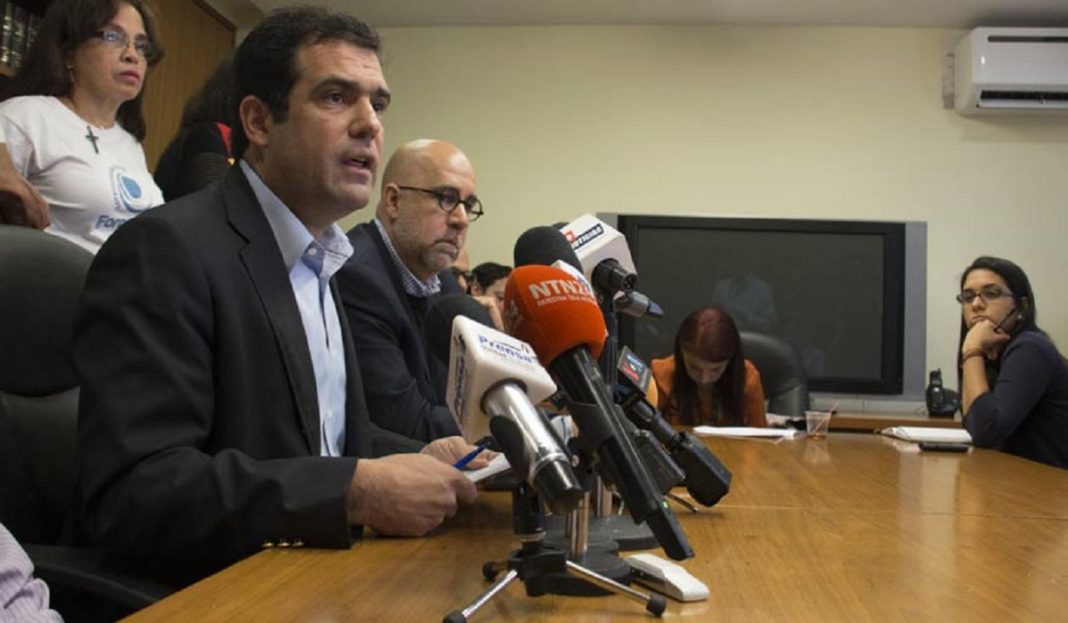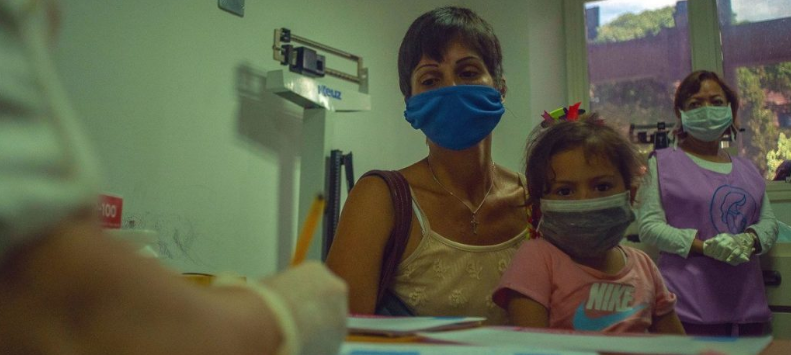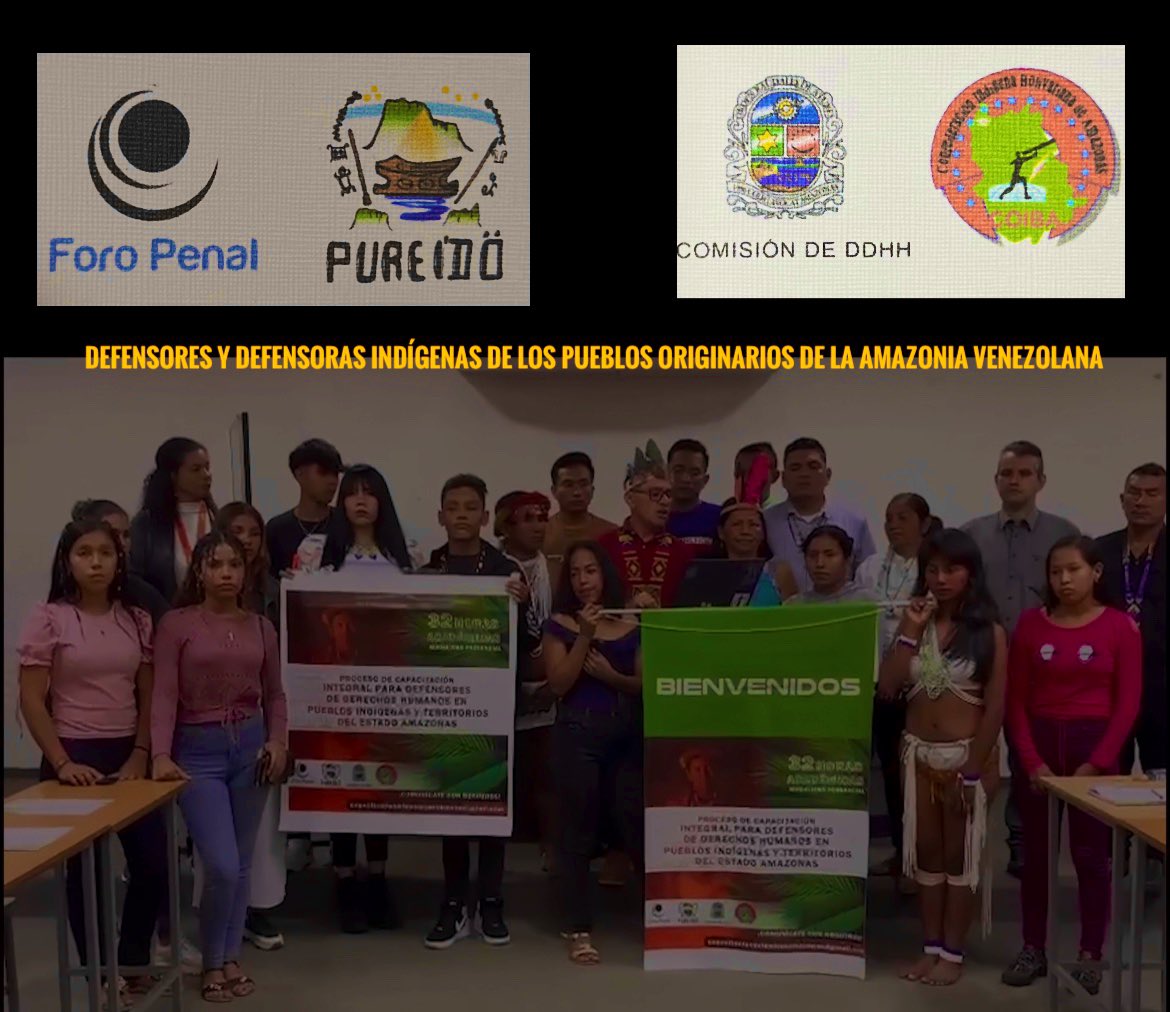Whenever a country loses the sense of fraternity, everything is blurred. Then, we find ourselves in a scenario of hatred, annihilation, and devastation, where one begins to speak and act in terms and logic of war. And war means death.
Amid this current dynamic of war, the alarming and very worrying news of the possible prohibition of diesel imports to Venezuela has emerged on the national agenda. The measure – like the previous sanctions of a similar nature – meets the strategy of ousting the current government of Nicolás Maduro. But beware! The end does not justify the means. As Jacques Maritain warned, the politician “who sacrifices everything to the desire to see his policy triumph, becomes a bad ruler and a perverted politician”.
Undoubtedly, the government of Nicolás Maduro is responsible for the situation that the Venezuelan people are experiencing today. However, we cannot agree with sanctions that directly and harshly affect ordinary Venezuelans, regular citizens who try to make a living in this country.
The Venezuelan Episcopal Conference recently made an urgent call to the country’s political leadership (both in the ruling party and the opposition) to address the terrible situation of Venezuelans, “hit by a deep economic, social, moral, institutional, and political crisis, and abandoned by those who assumed the role of representing them in the political field.”
A decision to interrupt the import of diesel would only exacerbate the suffering of the people. Experts on the matter concluded that: “the halt of freight transport due to lack of diesel will make it impossible to access basic goods and services in a country where the production facilities are unevenly spread”. The main effect of this sanction is the direct impact on the transportation sector (cargo, food, and passengers). 85 percent of cargo transportation, as well as 70 percent of the population of Venezuela, depends on diesel to move from one place to another.
In the same way, electrical power generation will be affected. Diesel is used as the main fuel for several power plants across the country; a shortage would lead the entire country to fully depend on power generated at hydroelectric plants. Also, the backup power plants used in almost all private clinics, and possibly a significant number of public hospitals, run on diesel.
A third high-risk sector is gas supply. The interruption of diesel imports could affect the supply of methane gas to residential consumers. This measure will affect the provision of cooking gas to 7 percent of the population of the biggest cities. Similarly, we could expect a drop in the production of natural gas liquids, affecting the production of propane gas, which is used for domestic gas cylinders. To date, local production only supplies 25 percent of the market.
As we can see, the decision to halt the imports of diesel to Venezuela may have some strategic value in the political plans of certain actors, and these political plans may or may not be successful. That is not the discussion or the intention of this wake-up call.
Revista SIC aims to draw attention to the moral implications of a decision like this, one with devastating and heinous effects on the Venezuelan population. More suffering, hardships, hunger, desolation, and death can never be the way out of this deep crisis.
The Social Doctrine of the Catholic Church teaches that politics is the highest form of Charity, that is, it is the most sublime way of loving others. But it can also be the cruelest and most abject way of causing pain to other humans.
Let us choose the correct way to live as brothers; otherwise, we will inexorably advance down the path of destruction and barbarism.
Translated by: José Rafael Medina




